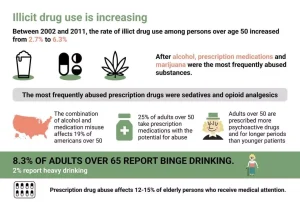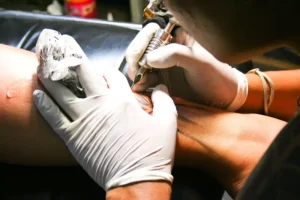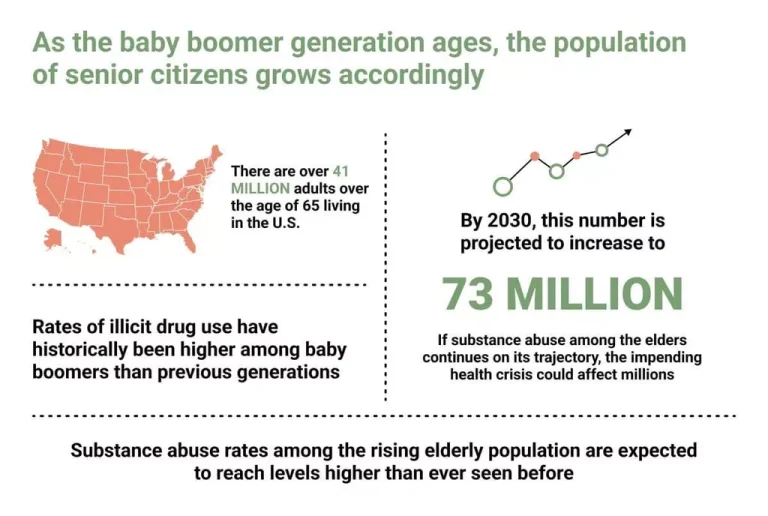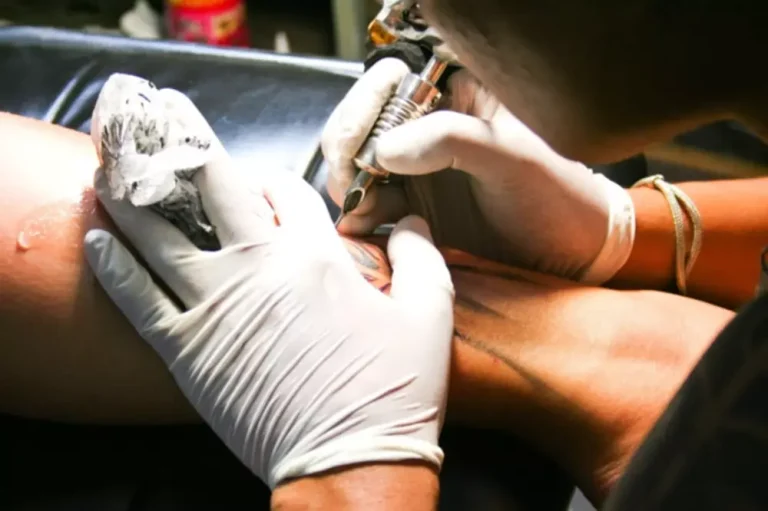
Having a doctor monitor your symptoms can help you reduce your alcohol intake as safely as possible and lower the risk of more serious complications. If you experience multiple episodes of alcohol withdrawal, you may find that the symptoms begin to worsen each time. Regardless of what stage you or a loved one are experiencing, know that change and recovery are possible. The purpose of treatment is to assist people in detecting the early phases when they have the best chance of success,” says Clemons. Also known as the prodromal phase, this stage involves the transition from casual or social drinking to more problematic drinking behaviors.
- The American Heart Association reports that individuals who reduce alcohol intake see a 20% decrease in hypertension and a lower risk of heart-related complications.
- Elvinesh’s compassion for others and love of food makes for a winning combination to take care of clients from the inside out.
- Monitor for signs of oversedation in all patients with AWS receiving pharmacological therapy.
- The best alcohol recovery techniques include therapy and counseling, medications, support groups, peer networks, and holistic approaches.
Physical symptoms of alcohol withdrawal
Red Flags That Demand Action Some warning signs flash brighter than others, like emergency vehicles in the night. “I am feeling better each day goes by. I am also very happy I am able to stay sober, I never thought I would be able to do it. Cravings come and go, but the belief in God and prayers have helped me stay strong and sober.” “With hard work and vigilance, I am pleased to be getting more sober time in. I am exercising more and starting to decrease the number of herbs and vitamins I have been taking daily.” “I feel great. To all those that are ready to give up because of withdrawals, hang in there! It does get better.” In the fourth week of abstinence from alcohol, the benefits keep piling up, according to the reports of those who remained sober for more than three weeks. “I was feeling great having got over the nausea, shaking etc. within the first week ,but now I am beginning to have what I can only describe as partial withdrawals all over again.”
Alcohol Withdrawal Timeline: How Long Does Each Stage Last?
Helps get lives back on track from substance use and behavioral addiction. Offers evidence-based, step-down care from residential to outpatient to aftercare. This is when symptoms are the most severe, and some people experience panic attacks at this stage. Therapy can help you understand and deal with the issues that have led to your addiction, and to develop coping strategies for dealing with triggers in the future.
Secondary Withdrawal Stage (24-48 hours)
We are committed to providing exceptional drug what is alcoholism and alcohol detox services and creating an environment that supports long-term, successful recovery. As your body and mind start to adjust to sobriety, you’ll enter the early recovery phase. Your sleep patterns will be better, you’ll notice improved appetite, and your energy levels will be higher.
- Intense withdrawal may increase the likelihood of you relapsing, as the overwhelming symptoms might drive you to use heroin again for relief.
- We want to give recovering addicts the tools to return to the outside world completely substance-free and successful.
- Your immune system will be stronger, and you will look and feel healthier.
- Over-the-counter medications can sometimes alleviate mild symptoms like headaches or nausea, but they are generally not enough to manage moderate to severe withdrawal.
You can tell detox is working if you start feeling better physically, with fewer withdrawal symptoms and less cravings for heroin. You cutting back on alcohol symptoms might also feel more emotionally stable, think more clearly and start enjoying activities again. Heroin addiction symptoms often arise from this powerful effect on the brain’s opioid system, causing the person’s brain to depend heavily on heroin in order to feel good and function properly.


The alcohol withdrawal timeline varies, but the worst of the symptoms typically wear off after 72 hours. People who are daily or heavy drinkers may need medical support to quit. This article discusses alcohol withdrawal, its symptoms, and potential complications.

Let’s review the symptoms of alcohol withdrawal and how long you can expect them to last. Contact your doctor for more information about what happens to your body during alcohol withdrawal. However, it is important to note that the exact timeline for withdrawal symptoms can differ for each person.

The average cost is $13, 475, according to the National Center for Drug Abuse Statistics. For instance, some 30-day inpatient programs cost $5,000, while others may cost $20,000. The sooner you start treatment (which often includes both medication and therapy) the better your outcome. For two to seven days, doctors may manage your withdrawal with medications.